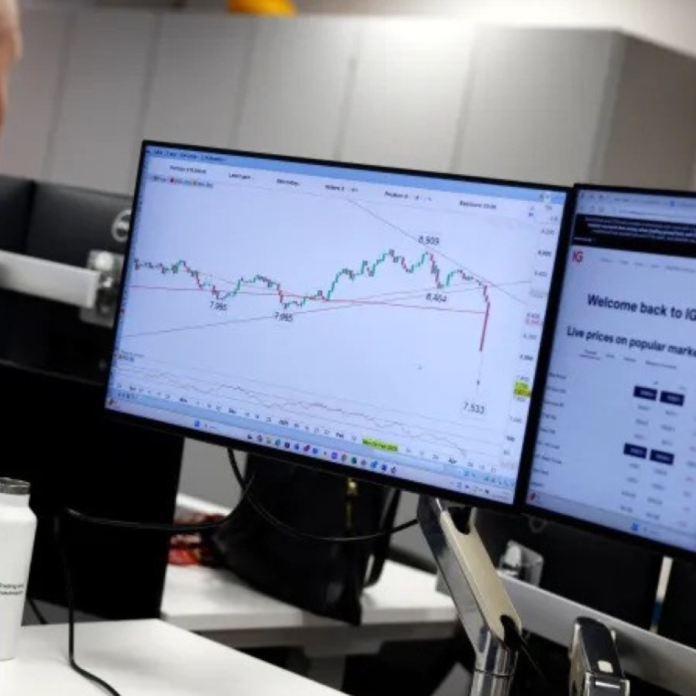As the exchange of deadly attacks between Israel and Iran enters its fourth day, the world is bracing for broader economic repercussions. A full-scale conflict between the two regional powers could spark global economic shocks—especially if tensions spill across the wider oil-rich Middle East.
Markets initially tumbled following Israel’s surprise strikes on Friday but have since steadied. Still, the threat of escalation remains high. After Israel killed several top Iranian military and nuclear figures and struck energy sites—including a fire reported at Iran’s South Pars gasfield—Tehran launched a volley of ballistic missiles and drones, killing at least 24 people in Israel. Iran claims over 220 of its citizens, including 70 women and children, have died in the Israeli attacks.
Former U.S. President Donald Trump, on Truth Social, warned Iran that the “next planned attacks” would be “even more brutal,” urging Tehran to make a nuclear deal before it’s too late.
Oil Prices Surge as Markets Monitor Middle East Tensions
Brent crude prices jumped nearly 7% to $74.60 per barrel on Monday, as traders responded to risks in a region that handles a third of the world’s seaborne oil. At the heart of the concern is the Strait of Hormuz—a critical chokepoint linking the Gulf to global markets. Iran has threatened to close the strait, a move that could send oil prices soaring above $100 per barrel, according to Goldman Sachs.
However, analysts note such a blockade would hurt Iran’s own exports, especially to key buyers like China. “The repercussions to closing off the strait would be severe for Tehran itself,” said Hamzeh Al Gaaod of TS Lombard.
Rising Inflation, Less Room for Central Banks
Rising oil prices mean higher production costs across industries—from food to clothing to transport—raising the risk of global inflation. For oil-importing nations, this could translate to slower growth and fewer tools for central banks already in the midst of interest rate cuts.
“G7 central bankers are on a cutting cycle and will be nervous about an energy price shock,” Al Gaaod noted. While the Bank of England has cut rates to 4.25%, the U.S. Federal Reserve has paused amid new tariffs under Trump’s second administration.
Markets React Cautiously
Global equity markets dipped in response to the violence. The S&P 500 and Nasdaq fell by over 1% on Friday, while Middle Eastern exchanges like Egypt’s EGX 30 dropped 7.7%. Tel Aviv’s TASE 35 lost 1.5%. European markets also declined slightly.
Yet, defense stocks surged. BAE Systems rose nearly 3%, while U.S. military suppliers Lockheed Martin, Northrop Grumman, and RTX all gained. Oil giants BP and Shell saw their share prices increase, and gold rose to $3,426 an ounce—approaching its April record.
By Monday, markets had partially recovered as investors bet the conflict would remain contained. “Crucially, Iran has not struck any U.S. military targets,” said Al Gaaod.
Disrupted Flights and Closed Airspace
Airlines have been hit hard. Emirates suspended flights to Iran, Iraq, Jordan, and Lebanon until June 30. Etihad halted its Tel Aviv route and rerouted others. Qatar Airways also paused flights to several conflict zones.
Iran closed its airspace, and Iraq temporarily shut its own, disrupting one of the world’s busiest transit corridors. Jordan followed with a temporary airspace closure as a precaution.
Still, analysts expect only short-term disruption. “Tourism will likely bounce back within a month,” said Al Gaaod, who remains optimistic that markets will rebound if escalation is avoided.
By Aljazeera

0727736770


